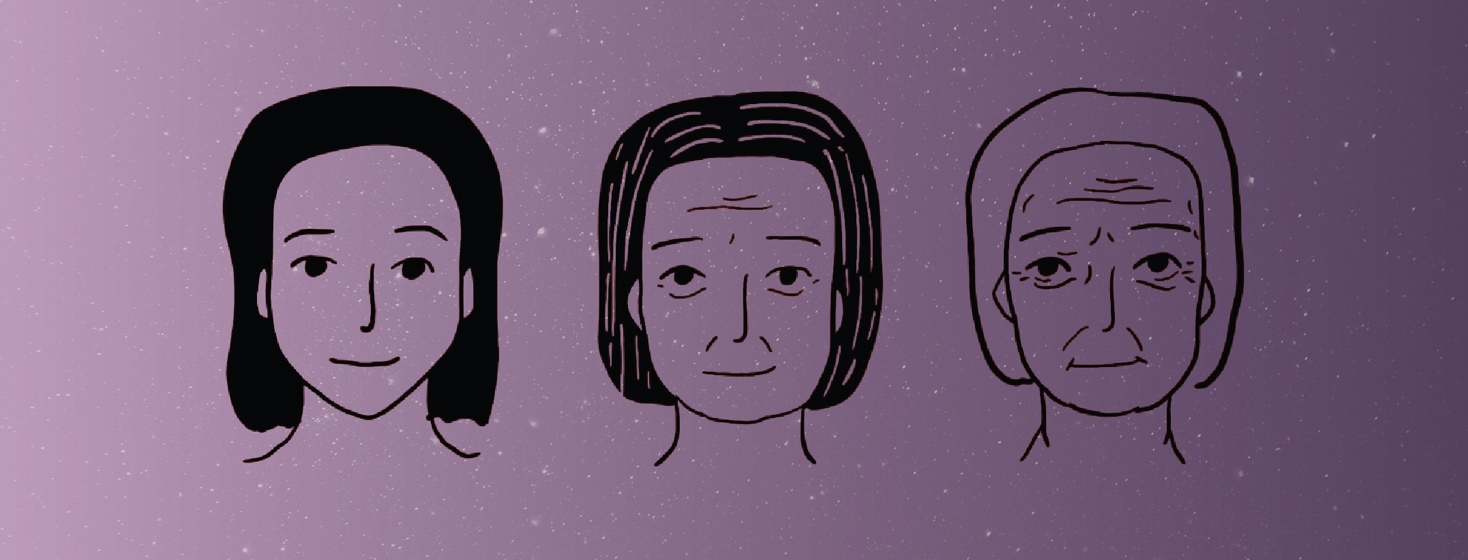Living With Insomnia
Living with insomnia is a unique and intensely personal adventure. Let me tell you about my experience.
When I was a little girl, I used to run around a lot during the day then fidget a lot during the night. I don’t have terrific long-term memory, so I can’t say for sure whether I was awake most of the night, but I do recall it took me a long time to get to sleep and much to my parents’ dismay, I was always a very early riser. Dozing and snoozing were never my superpowers.
Feeling resilent in my 20s
As I slipped into my 20s, the 1 to 2 hours it took me to fall asleep became noticeable even to me – I started to realise I was well outside the realm of “normal” (such as that may be). Once I woke up, I couldn’t get back to sleep – whether that was 6 AM or 2 AM.
I was intensely sensitive to my environment – linen, temperature, light, noise. Some nights I would get about 4 hours sleep. Some nights maybe 6 or 7. Occasionally much less.
It didn’t really matter – I was in my 20s and my body was resilient. I was often tired during the day but so busy studying and working that I didn’t have time to notice.
It was just me – I’d always been like that – and I would push through fatigue. I knew about the word insomnia but I never applied it to myself.
Motherhood in my 30s
As my 30s rolled around, my 3 babies rolled in and sleepless nights became an expected part of everyday life. Sleep was found in 1- to 2-hour blocks and snatched whenever possible around the clock. Like all the other mums of multiple toddlers, I looked bleary-eyed and had a hunger for high carbs to fuel my lethargy.
My weight escalated but I was happy. I loved being mum to little people – that was where my superpowers lay. Increasingly disturbed sleep seemed like a small price to pay.
Acknowledging I was an insomniac
Gradually my babies grew up and away and as my 40s rolled by and 50 stared me in the face, chronic exhaustion started to wear me down, and my mental health suffered. Depression and anxiety sneakily descended into my life, so subtle it took me years to notice they were even there. My restless legs syndrome escalated and I started to acknowledge I was an insomniac.
Sleep deprivation
I’d always associated insomnia with no sleep whatsoever. It was around this time I realised insomniacs do sleep – they just sleep very badly and not for long. That was me to a tee.
Over the past decade, it has become well known by the people who know and love me that I am extremely sleep-deprived. Often surviving on 2 to 3 hours total sleep in a 24-hour period. I was frequently asked, “How do you cope?” To which I would reply, “What is my other option?”
When you’ve tossed and turned and lain awake most of the night, the following day is still filled with all the expectations and opportunities that everyone else has to face. A tired body has to be raised upright and tasks undertaken.
An out-of-control coping mechanism
I found my way of coping with fatigue was to feed my body. I was feeding a hunger that was never satisfied. My body craved sleep but was instead fuelled by toast and cereal.
I grew into an out-of-control eating disorder that had been hidden and unacknowledged my entire life. Gradually my mental health deteriorated, and as I said goodbye to 50, I said goodbye to sanity.
Seeking help
Like my eyesight, backaches, and restless legs syndrome, my insomnia worsened with age. Eventually, I sought help. It took several years of trial and error, but I made lifestyle changes and was given a pharmaceutical regime to manage my insomnia. Now I sleep a solid 4 hours every night, and I’ve learned to doze on and off for a few hours after that.
Some mornings I even wake feeling rested. The fatigue that dripped from my fingertips is gone.
Living with and managing severe insomnia
Insomnia is insidious. It crept up on me over the years until it was so ingrained and so severe I had no choice but to stare it in the face and figure out where to next. Living with insomnia can be torturous, and seeking professional help was the best decision I ever made.
The change was by no means instantaneous and took a lot of experimentation and patience. Living with insomnia has always been a part of my life. Now I see it as another ailment I must manage and treat in order to have a life worth living.

Join the conversation